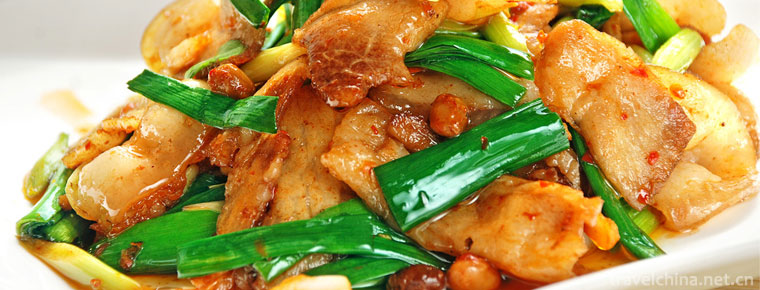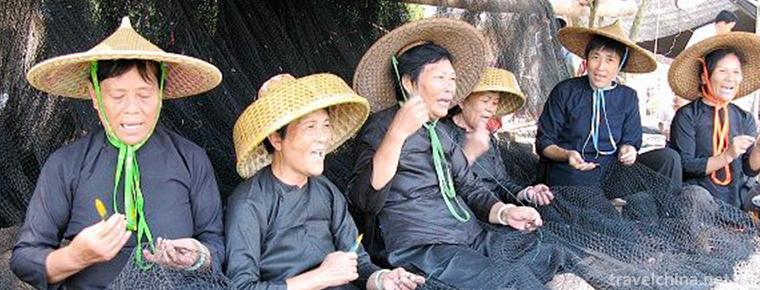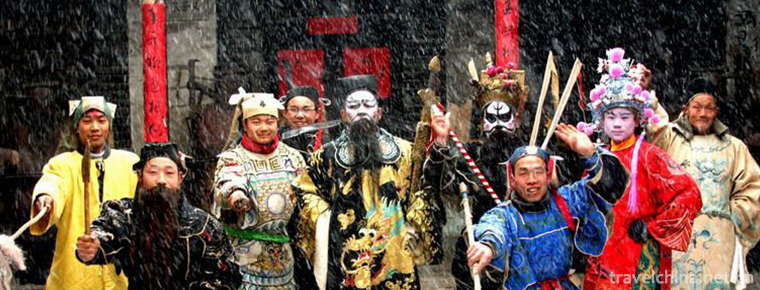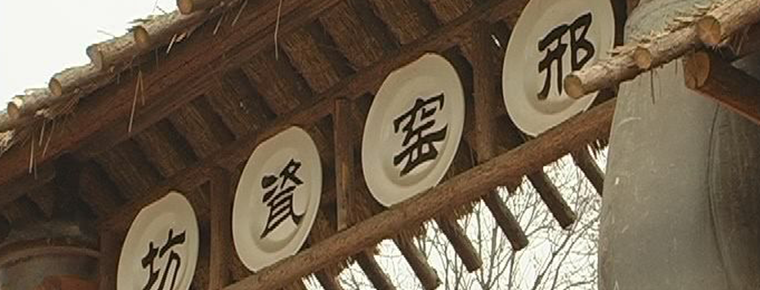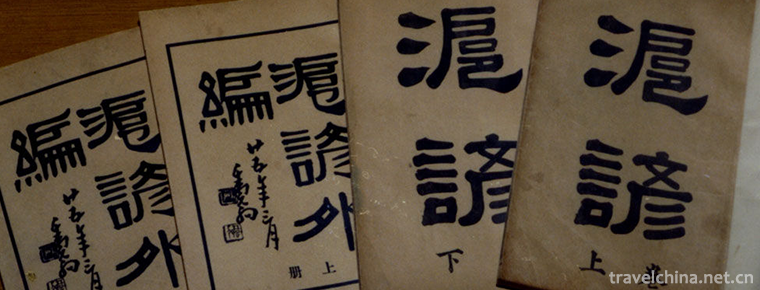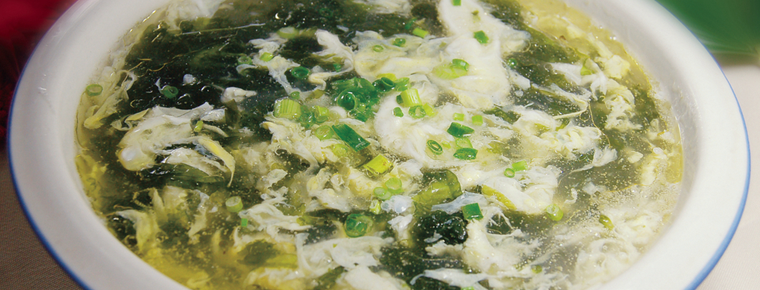Stinky mandarin fishMarinate mandarin fish
Stinky eel, also known as Stinky Osmanthus, Barrel Fresh Fish, Barrel Fresh Fish, Pickled Fresh Fish, is a traditional Huizhou dish, one of the representatives of Huizhou cuisine. The so-called pickled eel in Anhui Huizhou area (today's Huangshan City in Anhui Province) has a stinky meaning in Huizhou local dialect.
This "flavored eel" smells bad and tastes good. The meat is tender and mellow, which keeps the original flavor of eel juice. Mandarin fish. The method is unique and tastes fragrant when eaten.
The production process is exquisite. Fresh mandarin fish are salted in dilute salt water at room temperature of about 25 degrees Celsius. It is best to salted in wooden barrels. The belly is placed upside down and pressed by mountain green stones or river pebbles. After six or seven days, the fish will emit odor-like and non-odorous odor. Then fry in a frying pan, with pork slices and bamboo shoots.
Legend has it that more than 200 years ago, fishmongers from Guichi, Anqing, Tongling and Datong, Anhui Province along the Yangtze River, shipped the valuable fishery of the Yangtze River in wooden barrels to Huizhou Mountains for sale every winter (known as "barrel fish"), and sprinkled one layer of fish on the way to prevent the deterioration of fresh fish. The method of dilute brine often turns up and down. When they arrived at Tunxi and other places in seven or eight days, their gills were still red, scaly and unchanged in quality, but the skin emitted a special odor that seemed odorous and non-odorous. However, after washing, they were slightly fried in hot oil and cooked over fine fire. They were not only odorless, but also very fragrant. They became popular delicacies and continued to be well-known to this day. Today, this dish is no longer used. It uses fresh Huizhou peach Mandarin eel (the fish grows the most tender when peach blossoms are in full bloom and spring news is in water every year) to marinate with salt or strong fresh meat brine, and then to cook with traditional cooking methods, so it is called "marinated Mandarin eel".
This dish was born hundreds of years ago in a small village in Guocun Township, Huangshan District, south of Huangshan Mountains. One year, the Huizhou government brought a cruel official named Miao as a magistrate. This man likes fish, eats fish, and likes to eat fresh fish, especially eels, which can hardly spoil his officers. Because of the mountainous terrain, turbulent water flow and difficult to produce large fish in Huizhou, people in Huizhou eat eels from Guichi, Tongling and other areas along the Yangtze River shoulder-to-shoulder transport, a round trip takes six or seven days. Because there was no fresh-keeping equipment at that time, the fish had to be discarded as soon as it rotted, which made some businessmen bankrupt at a discount. Only when the climate turned cool did the merchants go to the riverside to buy eels and fill them in wooden barrels. They hired pickers to pick them up and sell them along the main interstate road from Chizhou to Huizhou to the mountainous areas of Huizhou.
Wang Xiaoer's elder brother Wang Lao Da is a chef in a restaurant in Fu front street. When Wang Xiaoyi arrived at Huizhou Prefecture, instead of rushing to Yamen to recover his life, he handed over all 16 barrels of stinky eels picked by eight porters to Wang. Wang Dada hired many chefs to wash the stinky eels in the city, then cooked them with ginger, garlic, pepper, sauce, wine, bamboo shoots and other condiments. He also wrote a banner "Huicai delicacies and delicacies should be marketed, our shop tastes for free", which immediately attracted many customers, many officials and noble people, and people from the city should come by appointment. Taste "mandarin fish". After they had eaten the fish, they even said hello to each other and asked the Wang brothers what magical ingredients they used to cook them. The Wang brothers laughed but did not answer.
Besides, Miao Zhifu did not eat the fresh eel that Wang Xiaoer purchased in Guichi on schedule, and he was already salivating for the fish. Just then, Wang Xiaoer brought a pot of "flavored eel" from the front street of Miao Zhifu to the table of Miao Zhifu. Miao Zhifu could not ask much. Zhang tasted it and said, "flavored eel, its name is not lost!" Originally, this "flavor eel" smells bad and tastes good. It not only keeps the original juice of eel, but also keeps the meat mellow and tasty. At the same time, the bone spine is separated from the fish and the meat is lumpy. Miao Zhi Fu ate and wanted to eat, no longer asked Wang Xiaoer to eat fresh mandarin fish. The smelly mandarin fish became famous and jumped on the badge menu.
Since then, the Wang brothers have opened a "flavor mandarin fish restaurant" in the city center of Huizhou Prefecture. They have been doing a one-stop cooking business and using the "flavor Mandarin fish" brand to attract customers. Because of their familiarity with and mastery of the salting methods of stinky eels, the eight Yang-surnamed fishermen opened a Yangji eel restaurant in Biantangpu, which has a history of one hundred years.
Mandarin eel: contains protein, fat, a small amount of vitamins, calcium, potassium, magnesium, selenium and other nutrients, tender meat, easy to digest, for children, the elderly and the weak, poor digestive function of the spleen and stomach, eating Mandarin eel can not only fill the deficiency, but also do not have to worry about digestive difficulties; and eating Mandarin eel has the role of "tuberculosis", that is to say. Finally, eel meat is low in calories and rich in antioxidants, which is an excellent choice for women who are fond of delicious, beauty and obesity.
The flat pole is located in the middle section of the main road between Chizhou and Huizhou. Once out of the pole shop, we reached the boundary of Huizhou and crossed the Yangdunling Ancient Road, seven miles up and eight miles down, which is the ancient Hongcun village. In this year, Wang Xiaoer, who often transported eels to Miaozhi Prefecture, saw the weather turn cold. He hired eight Yangjiazhuang pickers, surnamed Yang, to buy live eels by the river. Then he rushed back to meet Miaozhi Prefecture's appetite for fish. He also wanted to make a fortune to spend a good year. But the weather was not good. After the weather became hot, the mandarin fish began to choke in the pail. Wang Xiao-er had to urge his husband to go forward day and night. When he arrived at the pole shop, Wang Xiao-er opened the lid of the barrel to see that many fish had suffocated and died, giving off a bad smell. Wang Xiao 2 was anxious, and the hall staff was just a bitterness of flesh. He could go back to Guichi to buy it again, and which money came out? I want to lose all my blood. Fortunately, Wang Xiao's second brain melon seeds were flexible and quick-witted. He rushed to ask the fisherman to scrape the scales and cheeks of the fish, cut the stomach and remove the intestines, and then put a layer of salt on the fish to kill the odor, so as not to lose money. In order to test the taste of "pickled" Mandarin fish, Wang Xiaoer proposed that several big mandarin fish should be fried by a restaurant cook. The cook cooked the sauce and braised it, and everyone tried to taste it. I really don't eat, I don't know. I'm scared to eat. It is believed that although the taste of fresh mandarin fish is quite different, it does not have any flavor. Wang Xiaoer laughed and made up his mind to ask people to pick up their husbands and continue their journey after dinner. He picked the "stinky" mandarin fish to the Huizhou Prefecture as soon as possible, which was beyond everyone's comprehension.
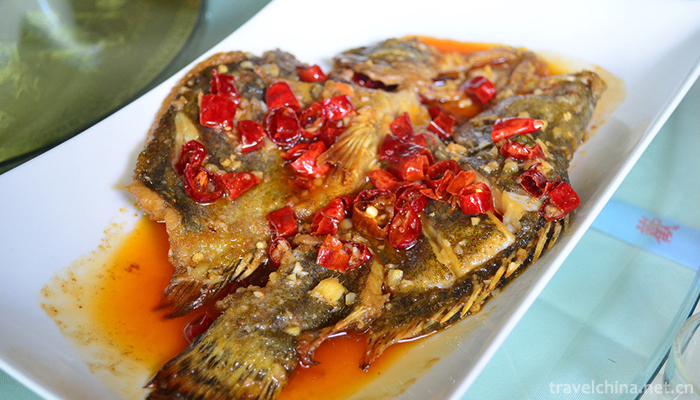
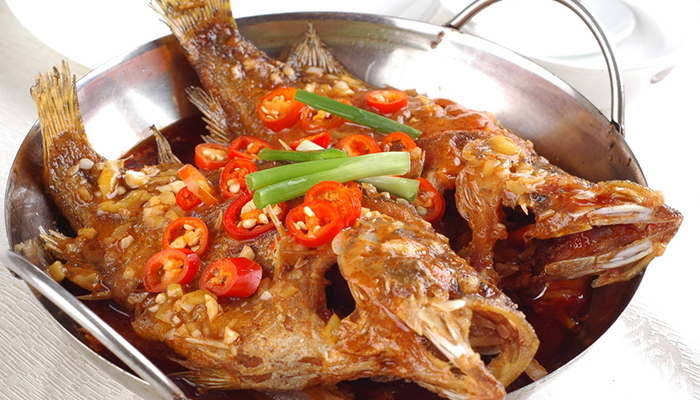
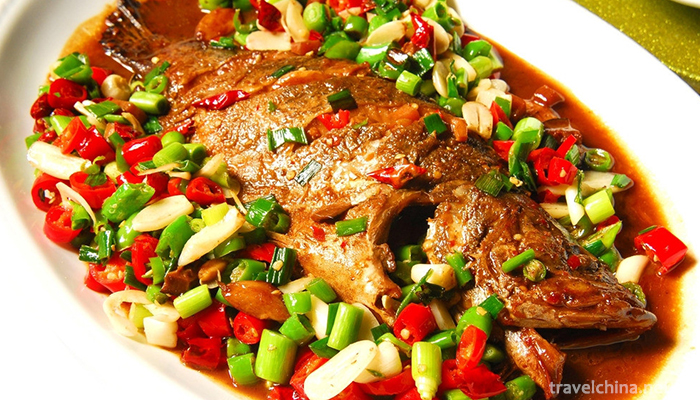
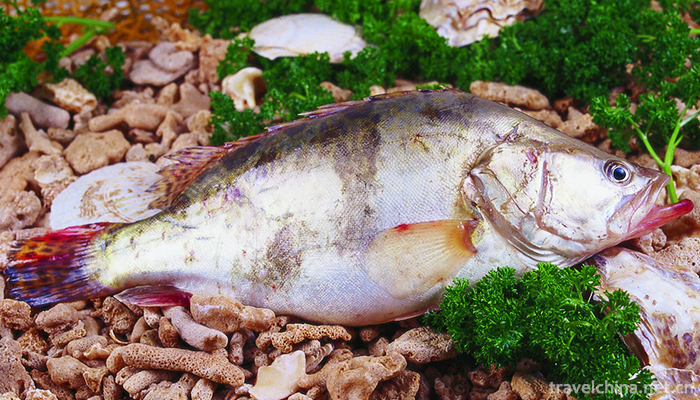
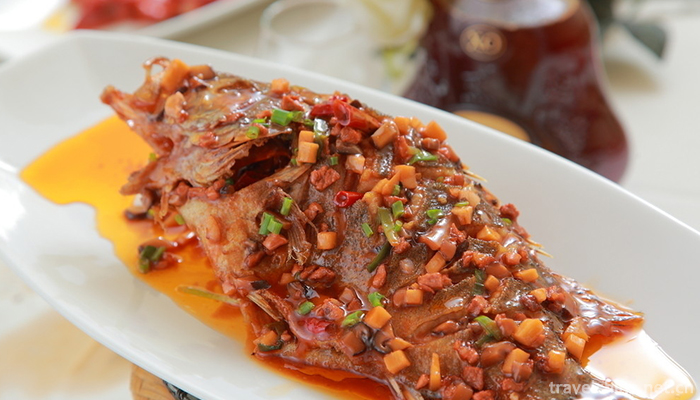
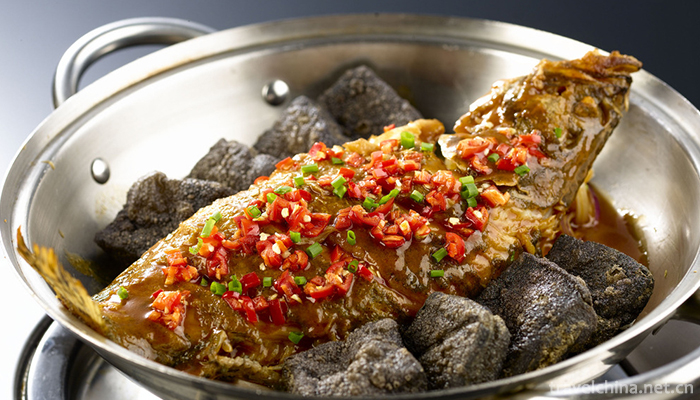
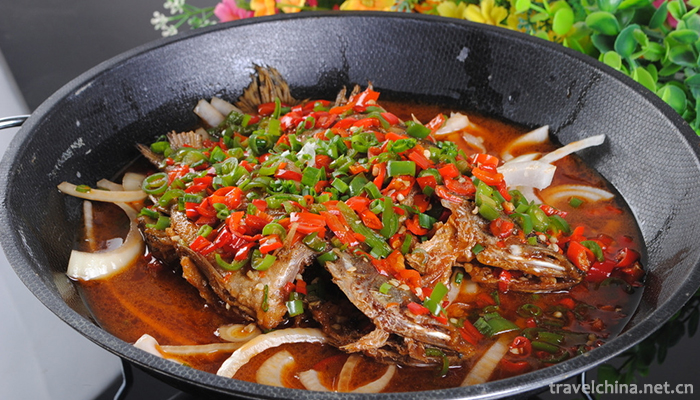

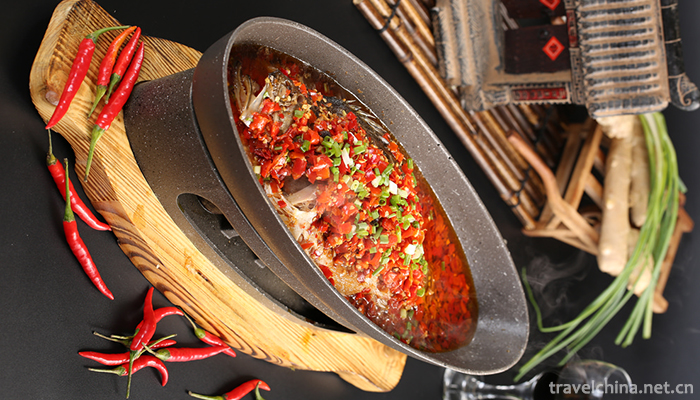
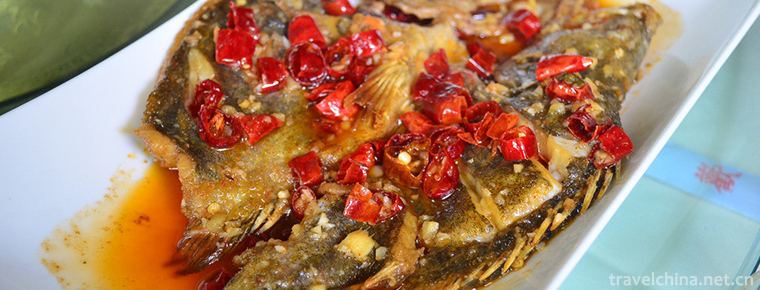
Stinky mandarin fishMarinate mandarin fish
-
Twicecooked pork slices
Twice cooked pork is a traditional dish of Sichuan
Views: 218 Time 2018-10-12 -
Nanzhao Custom Island Dali
Nanzhao Custom Island in Dali is one of the three islands in Erhai Lake, located in Shuanglang Township at the southeast end of Eryuan County, the golden section of Cang Er National Scenic Area
Views: 189 Time 2019-01-06 -
Jinhu Yang National Forest Park
Zepujin Lake Yang National Forest Park is located 40 kilometers southwest of Zepu County in the Gobi Depth, located in the upper edge of the Yerqiang River alluvial fan
Views: 319 Time 2019-01-23 -
Hangzhou Reviews
Hangzhou Ci Commentary, commonly known as Xiaoshu, is the traditional art of rap and singing in Hangzhou, Zhejiang Province. It is a kind of folk art that tells stories
Views: 213 Time 2019-05-02 -
Lingao Fishing Song
Lingao Fishing Song is a kind of Han folk song which is popular among fishermen in Lingao County, Hainan Province. Because of its use of the lining "Li Li Mei" and related legends, it is als
Views: 291 Time 2019-05-13 -
Construction Techniques of Miaozhai Diaojiao Building
Miaozhai hanging-feet building is evolved from the form of "nest dwelling". It is built with bamboo and wood. The lower part of the building is hollow. It is called "semi-dry fence"
Views: 132 Time 2019-06-05 -
Pulangorgozi
Pulangorgozi, also known as "fruit harmony", is a kind of self-entertaining dance, which originates from Pulan County and is widely spread in Ali countryside. It is a kind of hand in hand, s
Views: 261 Time 2019-06-09 -
Match show
Sai opera is an ancient opera which has been spread in Shanxi, Hebei, Inner Mongolia and Shaanxi. It is a traditional literary form with strong local characteristics of frontier fortress. Sai opera wa
Views: 145 Time 2019-06-12 -
Shiwan Ceramic Sculpture Technology
Shiwan pottery sculpture has a long history. It first appeared in the Eastern Han Dynasty. It reached its peak in the Song Dynasty. After the founding of New China, the manufacturing level and artisti
Views: 163 Time 2019-06-15 -
Sintering Techniques of Xingyao Ceramics
Xingyao firing technology is a local traditional handicraft in Hebei Province. Xing kiln is a famous northern kiln in China. As early as the Northern Dynasty, Xing kiln began firing celadon and a smal
Views: 249 Time 2019-07-08 -
Proverbs Shanghai Proverbs
Shanghai proverb, also known as Shanghai proverb, is the traditional folk oral literature in Shanghai. Local gossip. It belongs to one of the national intangible heritage.
Views: 133 Time 2019-07-10 -
Seaweed and Egg Soup
Porphyra and egg flower soup is a kind of instant soup. It is a traditional after meal soup in Sichuan. Its main ingredient, Porphyra and egg, have high nutritional value. It is widely loved because o
Views: 136 Time 2020-03-18
